Ever since rural development emerged as an independent field of inquiry in the 1950s, it has been subjected to many changes in emphasis and ideology. These changing perspectives have resulted in shifts in policies and programmes and have influenced the international discourse on rural development. The recently initiated process of globalisation has brought in its wake yet more rethinking on the most appropriate approach to rural development. Conceived against this background, this volume examines the impact of the changing paradigm of rural development on poverty alleviation, equity, gender, food security, employment and sustainability. The volume’s major concern is: Can the goals of rural development be achieved in a globalised world? The central argument is that the new paradigm of rural development reflects the core-periphery dichotomy, in which the core imposes on the periphery—in a top down approach—in all major interventions. As a result, maintain the contributors, the new paradigm is ridden with limitations in addressing the highly differentiated needs and contexts of rural development both in developing and developed countries. Divided into four sections including the introduction, the volume examines the inherently contradictory relationship between the new development paradigm and the goals of rural development; studies the new role of the state and state-led interventions in the context of globalisation, and the role and potential of NGOs in rural development; highlights the rural livelihood framework and the impact of endogenous efforts at rural development in various European and Asian countries; and, presents participatory methods for addressing problems like food security, women’s empowerment, and poverty alleviation. Drawing upon the experiences of a number of countries-including South Africa, Nigeria, Kenya, East Germany, Bangladesh, the Philippines, Thailand and India-The volume identifies the commonalities and differences in prevailing approaches to rural development. It will be of considerable interest to students and scholars of development studies, economics and anthropology, and to policy-makers and professionals in the field.
Globalising Rural Development: Competing Paradigms and Emerging Realities
In stock
Free & Quick Delivery Worldwide
reviews
Bibliographic information
Title
Globalising Rural Development: Competing Paradigms and Emerging Realities
Author
Edition
1st ed.
Publisher
ISBN
817829625X
Length
462p., Tables; Maps; Figures; References; Index; 23cm.
Subjects

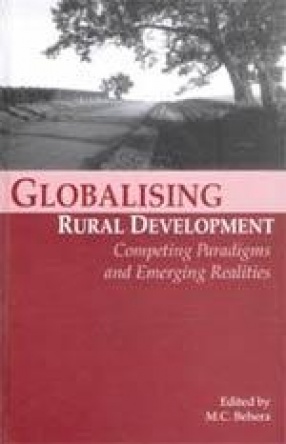
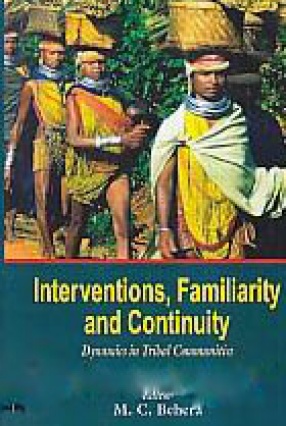
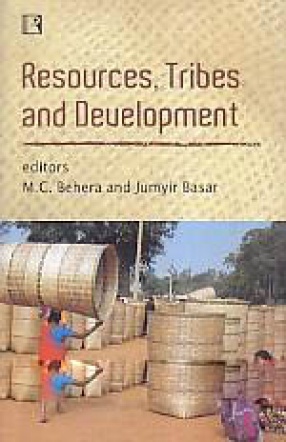
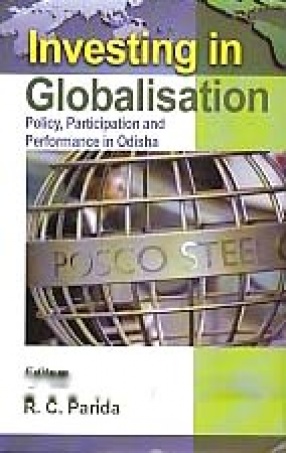
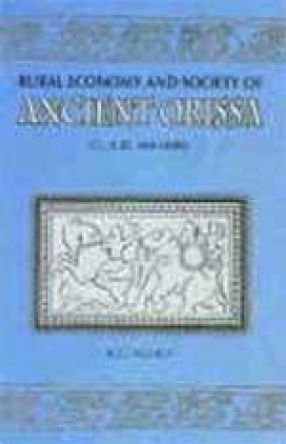

There are no reviews yet.